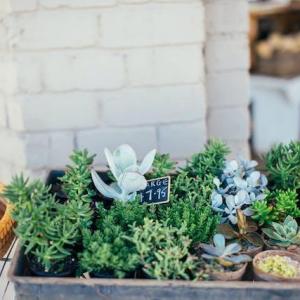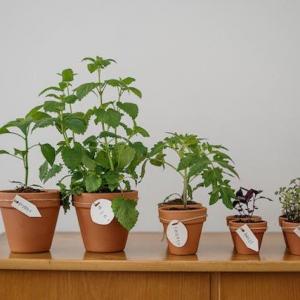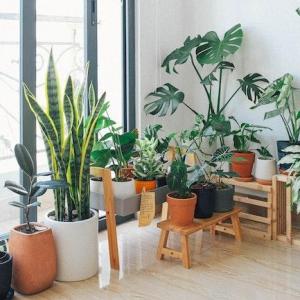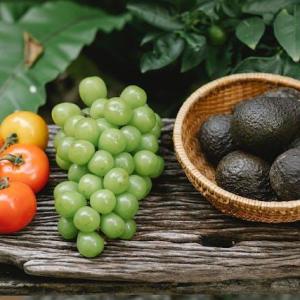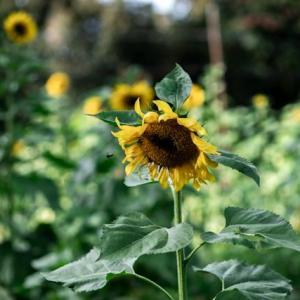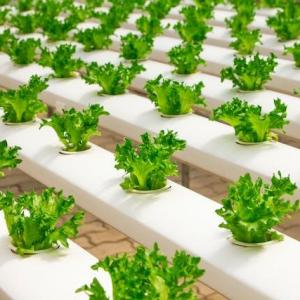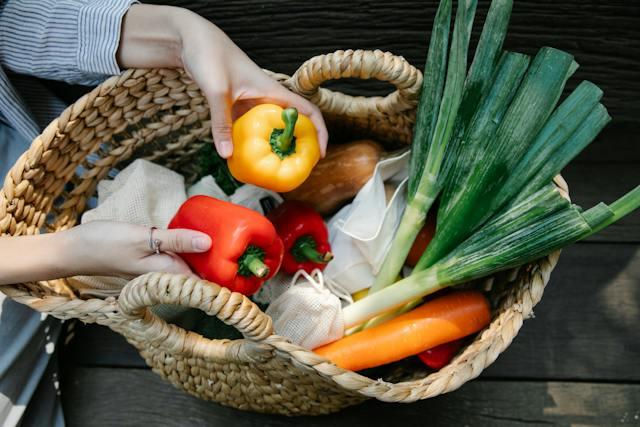
Introduction
Starting your own vegetable garden is a rewarding and enjoyable activity that allows you to grow your own fresh and healthy produce. Whether you have a spacious backyard or a small balcony, anyone can embark on this exciting journey. In this article, we will provide a beginner's guide to starting your own vegetable garden, with easy tips and techniques suitable for teenagers.
1. Choose the Right Location
The first step in starting a vegetable garden is selecting the right location. Look for an area that receives at least six hours of sunlight each day. If you have limited space, consider using containers or vertical gardening techniques. Ensure that the location is easily accessible for watering and maintenance.2. Plan Your Garden Layout
Before planting, it's important to plan your garden layout. Consider the size and growth habits of the vegetables you want to grow. Place taller plants at the back and shorter ones in the front to ensure everyone gets enough sunlight. Leave enough space between plants to allow for growth and airflow.
3. Prepare the Soil
Good soil is the foundation of a successful vegetable garden. Test the soil's pH level and amend it if necessary. Remove any weeds or grass from the area and loosen the soil using a garden fork or tiller. Add compost or organic matter to improve soil fertility and drainage.
4. Start with Easy-to-Grow Vegetables
As a beginner, it's wise to start with vegetables that are easy to grow and maintain. Some excellent choices include tomatoes, lettuce, radishes, carrots, beans, and herbs like basil and parsley. These vegetables are resilient and require minimal care, making them perfect for beginners.5. Planting Seeds or Seedlings
Decide whether you want to start your vegetables from seeds or purchase seedlings from a nursery. Seeds offer a wider variety of choices, while seedlings provide a head start. Follow the instructions on the seed packets or nursery tags for planting depth and spacing. Water gently after planting.6. Watering and Maintenance
Consistent watering is crucial for the health of your vegetable garden. Water deeply, ensuring the soil is moist but not waterlogged. Use a watering can or a gentle hose attachment to water the plants at the base, avoiding the leaves. Regularly check for pests, weeds, and diseases, and take necessary actions to maintain a healthy garden.7. Fertilizing
To nourish your vegetable plants, apply organic fertilizer or compost throughout the growing season. Follow the instructions on the packaging for the appropriate amount and frequency. Alternatively, create your own compost by collecting kitchen scraps, yard waste, and coffee grounds.8. Mulching
Mulching helps conserve moisture, suppress weeds, and regulate soil temperature. Apply a layer of organic mulch, such as straw or wood chips, around your plants. Mulching also adds organic matter to the soil as it breaks down over time.9. Harvesting
The joy of vegetable gardening comes from harvesting your own fresh produce. Pay attention to the maturity dates mentioned on seed packets or nursery tags. Use clean garden shears or scissors to harvest your vegetables at the right time. Enjoy the satisfaction of eating the fruits of your labor!10. Continuous Learning
Gardening is a continuous learning process. Stay curious and keep exploring new techniques and varieties. Join online gardening communities, read books or blogs, and learn from experienced gardeners. Embrace the challenges and failures as valuable lessons that will help you become a better gardener.Conclusion
Starting your own vegetable garden is an exciting and fulfilling endeavor for teenagers. By choosing the right location, planning your garden layout, preparing the soil, and selecting easy-to-grow vegetables, you can embark on a successful gardening journey. Regular watering, fertilizing, mulching, and proper maintenance will ensure healthy plant growth. Remember to harvest your vegetables at the right time and continue learning to expand your gardening knowledge. Enjoy the process and the delicious rewards of your own homegrown produce!
Article
Be the first comment
Elite Article




